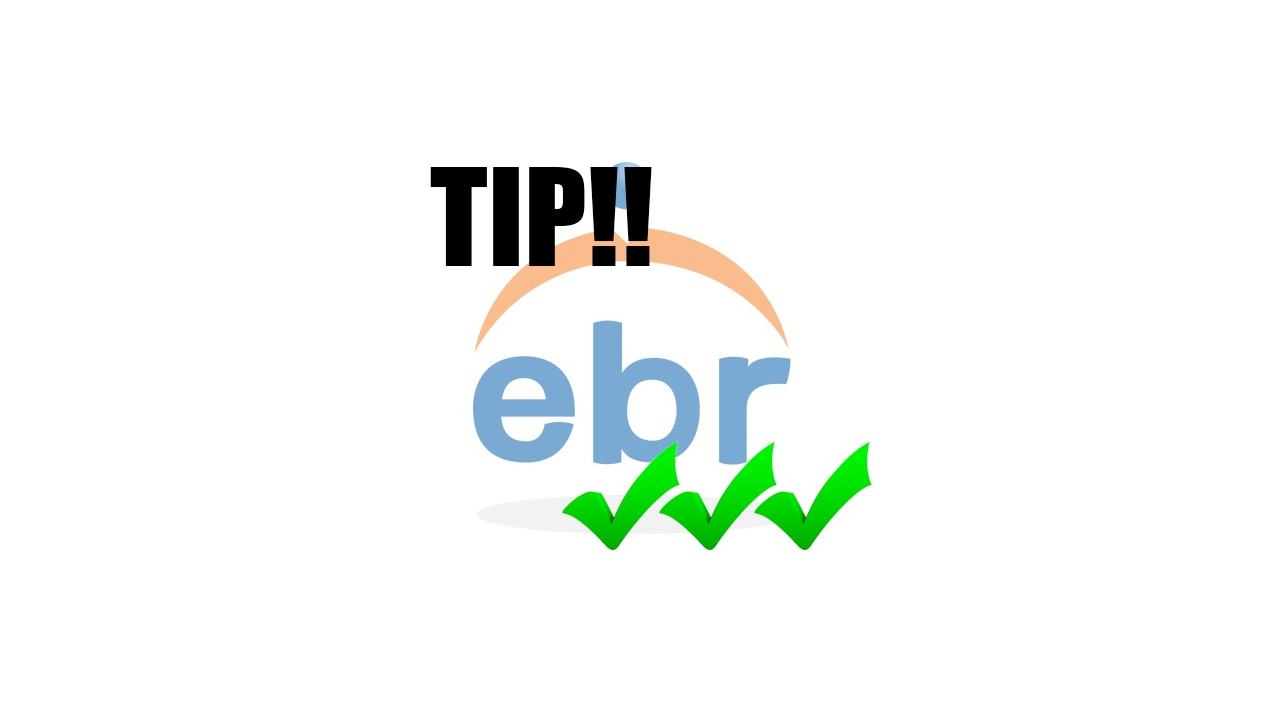Why are references important?
You've got the qualifications and you think you've got the skills for the job. So if you're so great why do you need references to back you up? Many of you may be asking yourselves this very question. EBR are taking it upon themselves to provide you with the answer.
So why are references important? And why are good relations with previous employers important?
- Your employer may have given you a glowing reference a year ago, but they may not be so willing today. Did you ask them if you could still use them this time around? Did you give them warning that you are job-hunting and they may receive a few phone calls from prospective employers? Confirming you have permission means you can be assured that the reference will be a good one.
- When you are interviewed for a new role, you may have to account for "gaps" in your employment history. For example, you may be asked why you are not using your current or most recent employer as a reference, or why you only worked for that one company for two months. You need to have a ready explanation available, or alternatively, by keeping good relations with previous employers you can overcome this problem.
- It's important for prospective employers to be sure that you are the right fit for their team and this can be done through references. Some people may think, in this instance, that they don't want references to be conducted in case the employer changes their mind. You might look great on paper, but your experiences could determine whether you get the role.
EBR Tips:
- If you are not right for the role now, you will not be the right fit later in your employment. This could result in early dismissal, and subsequently, a gap in your employment history. Our tip is, provide professional referees rather than personal ones. That way, the prospective employer can get a true feel of whether you are suited to the job.
- EBR have stressed the importance of networking many times. Well it's not only important to establish new contacts, but also to maintain old ones!
- Do not list your referees on your CV. Wait to be asked to provide them, so you can filter the amount of companies contacting your referees.
- Keep in contact with past employers. At the very least, contact them when you are in the market for a new job and ask whether you can still use them as a referee.
- And finally, be honest about your employment history "gaps" without bad-mouthing your past employers. You must be able to explain not excuse past experiences.
Keep an eye out for future job-hunting and candidate tips!
[Source: CareerBuilder]



